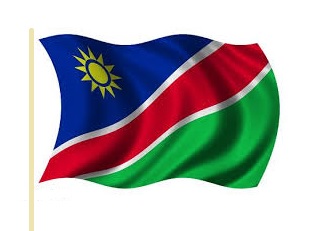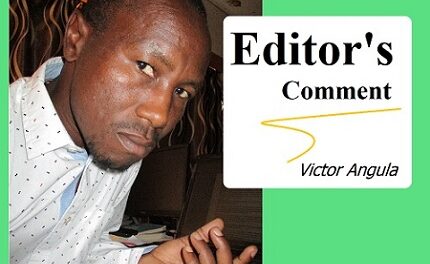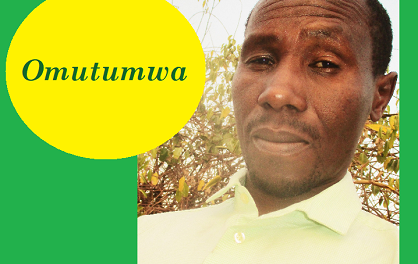Economic genocide in Namibia is real
By Victor Angula
As we observe the Human Rights Day (10 December) it’s fair to state that in Namibia, as in most other African countries, there has been going on what I have come to term as “economic genocide”.
This is the deliberate economic enslavement of the people, keeping people in poverty on purpose, deliberately suffocating the majority of the people. As a result people have died and they continue to die from hunger, malnutrition, and depression caused by poverty.
And this is not being done by foreigners but by our own people. The high economic inequality in Namibia is not caused by foreigners or by nature; it’s caused by our own people.
Poverty in Namibia is caused by people who have black skin just like all of us. They are the people who are committing this economic genocide.
Namibia’s population is so small that in the Western world this is a population of a small town. In South Africa, Namibia’s population is equal to the population of Durban.
And if you look at the economy of Namibia, the vast resources on land, underground, above the ground (fresh air, solar) and in the sea, then you can clearly see that Namibia’s poverty is self-made, it’s man-made.
As a journalist I have been knocking on the doors of institutions, both public and private; and so I have come to a firm conclusion that Namibia’s poverty is deliberately manufactured behind the doors of institutions.
Just imagine that a journalist can be turned away so senselessly from the institutions which hold power, both political and economic power; what then is the situation of an ordinary citizen who is looking for opportunities for a better life?
This is a violation of human rights. Economic genocide is a violation of human rights. Those who have, they only want to have more, even at the expense of those who do not have. This is the characteristic of economic genocide.
State institutions and private institutions are designed so that those who are rich will become richer, while those who are poor remain poor for generations to come.
This is a tragedy.
There is no bigger a tragedy than to have more than half of the population of Namibia living in poverty, living in shacks made out of corrugated iron sheets and huts made out of grass and sticks while the country is rich in mineral resources, in wildlife, in forestry, in fisheries, in land for agriculture, in solar energy, and so on.
This is economic genocide. And it’s a human rights violation of greater proportions than anything ever seen during colonial times.
And the sad part is that the United Nations are here, in Klein Windhoek, just observing this genocide taking place in Namibia.







